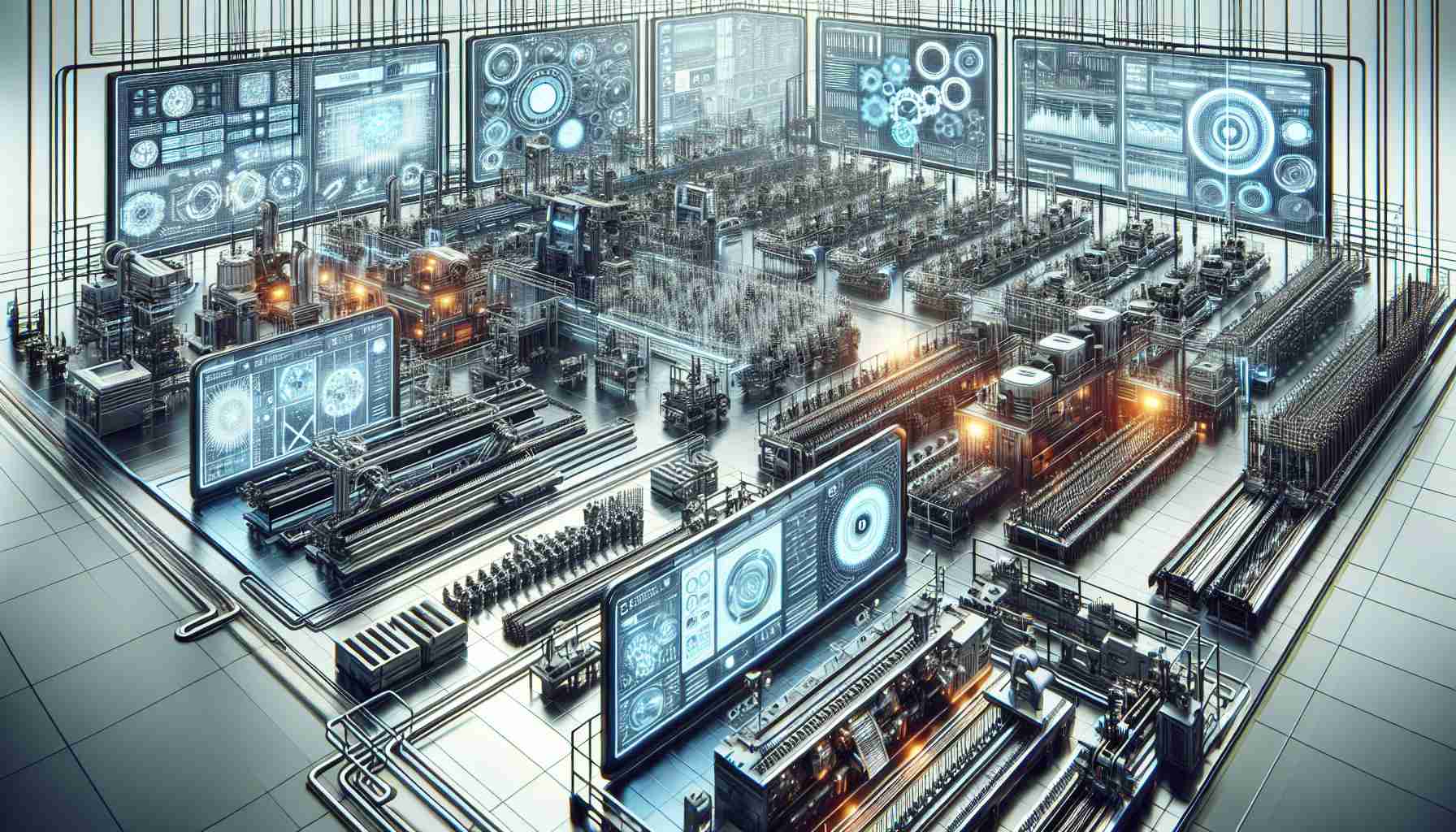Artificial intelligence (AI) is often associated with chatbots, but its impact goes far beyond that. According to Gian Paolo Bassi, the senior vice president of global tech major Dassault Systemes, AI is set to revolutionize the way products are designed and manufactured. In an interview with Amit Bhattacharya, Bassi discusses his company’s vision for AI and why he believes India holds great potential for AI-driven advancements in the manufacturing sector.
AI’s Role in Design and Creation
Dassault Systemes aims to utilize AI to build extensive knowledge models. While chatbots rely on language models, AI can be trained to create large-scale design and manufacturing models. This technology allows businesses to transfer crucial knowledge from previous product iterations to new lines of products. For instance, when designing an electric automobile, companies can use AI models to understand, reuse, and enhance specific design and manufacturing knowledge. This approach enables companies to create better products more efficiently, contributing to sustainable manufacturing practices.
Setting Boundaries for AI
Bassi emphasizes that the dystopian notion of robots taking over humanity is unfounded. Drawing an analogy to an airplane crash caused by autopilot software malfunction, he asserts that such incidents result from human error. Contrary to these fears, AI technology can help prevent mistakes and improve safety measures. However, there are certain limitations that companies should maintain. Dassault Systemes has established a blacklist of sectors, such as the arms industry, that they do not intend to venture into. Bassi stresses the importance of vigilance and the need for AI to respect privacy and intellectual property rights. While constraints are essential, he states that putting a “red line” on progress is counterproductive.
India’s Growing Potential
Dassault Systemes has a significant presence in India and recognizes its immense potential. Bassi acknowledges India’s rapid growth, both in terms of industries and imagination. The company is expanding its employee base in India by approximately 60% each year and already has more than 5,500 employees, with 500 of them devoted to research and development. In fact, the R&D base in India is the second largest after Paris and may soon surpass it. Dassault Systemes is actively engaged in supporting Indian startups, particularly in the transportation sector. India is experiencing a transformation in the e-mobility field, with 90% of vehicles in this sector being designed in partnership with Dassault Systemes’ products. Bassi believes that there is immense potential for greater penetration of their software in India.
FAQ
Q: How is AI changing product design and creation?
A: AI enables the creation of large-scale models that transfer knowledge from previous product iterations, resulting in more efficient product development and manufacturing.
Q: Should AI have limitations?
A: While vigilance and constraints are necessary, putting a “red line” on AI progress is counterproductive. AI should respect important principles like privacy and intellectual property rights.
Q: What are the prospects for AI in India?
A: India offers tremendous opportunities for AI-driven advancements. Dassault Systemes is expanding its presence in the country, collaborating with Indian startups and contributing to the rapid growth in the transportation sector.
Sources: Dassault Systemes, [insert link here]
Artificial intelligence (AI) is a rapidly growing industry that has the potential to revolutionize various sectors, including manufacturing. Gian Paolo Bassi, the senior vice president of global tech major Dassault Systemes, believes that AI can greatly impact the way products are designed and manufactured. Unlike chatbots that rely on language models, AI can be trained to create large-scale design and manufacturing models. This technology allows businesses to transfer crucial knowledge from previous product iterations to new lines of products, resulting in better products being created more efficiently.
The market for AI in the manufacturing sector is expected to witness significant growth in the coming years. According to a market research report, the global AI in manufacturing market is projected to reach a value of $16.7 billion by 2026, with a compound annual growth rate (CAGR) of 34.2% during the forecast period. This growth can be attributed to the increasing adoption of AI technologies in manufacturing processes to improve efficiency, reduce costs, and enhance product quality.
However, while AI offers numerous benefits, there are also concerns regarding its limitations and ethical implications. Bassi emphasizes that the fear of robots taking over humanity is unfounded and that incidents like airplane crashes caused by autopilot software malfunction are the result of human error. Contrary to these fears, AI technology can actually help prevent mistakes and improve safety measures. Nonetheless, it is important for companies to establish boundaries and maintain vigilance. Dassault Systemes, for instance, has a blacklist of sectors, such as the arms industry, that they do not intend to venture into. It is crucial for AI to respect privacy and intellectual property rights to ensure responsible and ethical use.
In terms of India’s potential for AI-driven advancements, Dassault Systemes recognizes its rapid growth and has a significant presence in the country. India is experiencing a transformation in the transportation sector, particularly in e-mobility, with a majority of vehicles in this sector being designed in partnership with Dassault Systemes’ products. Dassault Systemes is actively engaged in supporting Indian startups and expanding its employee base in India. Bassi believes that there is immense potential for greater penetration of their software in India, and the company’s R&D base in India is already the second-largest after Paris.
Overall, AI has the potential to revolutionize product design and manufacturing in the coming years. With companies like Dassault Systemes leading the way, the industry is poised for significant growth and advancements.
The source of the article is from the blog elperiodicodearanjuez.es

